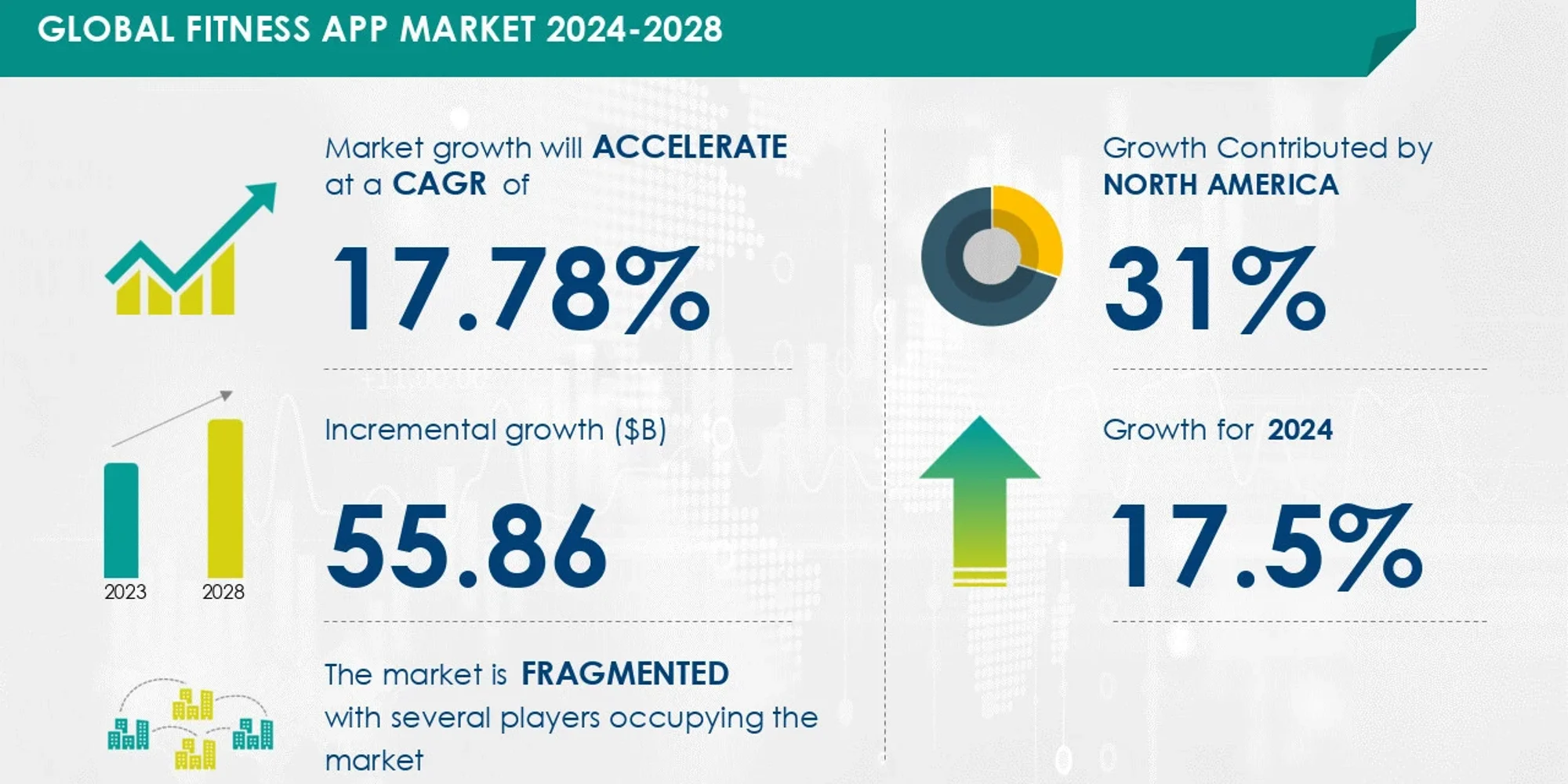Bussiness
The future of sustainability in business

Balancing profitability with responsibility

As the global climate crisis intensifies, sustainability has evolved from a niche concern into a core strategic issue for businesses worldwide. Rising consumer awareness, new regulations and the growing urgency to tackle climate change are pushing companies to change their approach.
As a result, organisations are recognising the need to balance financial performance with their social and environmental responsibilities. This article discusses how this can be achieved and highlights key areas for action.
The business case for sustainability
Over half of global companies plan to increase investments in sustainability, recognising it as a driver of long-term value creation. Such initiatives can enhance brand reputation, attract eco-conscious consumers and improve operational efficiency, which often results in cost savings.
And regulatory frameworks are tightening. The UK’s net-zero commitments and EU-driven legislations are pushing businesses to improve their environmental performance. Companies that fail to align with these standards risk falling behind their competitors, while those that take the lead stand to benefit from increased investor confidence and regulatory compliance.
Key areas for sustainable practices
- Supply chain sustainability: This includes reducing waste, increasing transparency and ensuring that suppliers meet environmental and social standards. Failure to do so can result in reputational damage and regulatory fines.
- Circular economy: Shifting from a linear “take-make-dispose” model. Instead, many UK businesses are embracing this concept by offering reusable packaging or designing products for longevity and recyclability.
Balancing profitability and sustainability
This is often seen as a challenge, but it can be an opportunity for businesses to unlock new revenue streams and reduce costs. Implementing energy-efficient technologies, for example, can reduce utility bills while simultaneously lowering emissions. Similarly, by adopting circular economy principles, companies can lower material costs and minimise waste disposal fees.
Research shows that those making sustainability a core part of their strategy often outperform their peers financially. According to the World Economic Forum, executives now view sustainability as a key component of value creation, with businesses seeing clear returns on investment in areas such as energy efficiency, sustainable product design and climate technology.
Working with consultants
For those unsure where to begin or how to scale up their sustainability efforts, working with specialised consultants can be invaluable. These professionals help identify opportunities for reducing environmental impacts, navigating complex regulations and integrating sustainability into corporate strategy. Moreover, they can provide independent verification of sustainability reports, which is becoming increasingly important with the introduction of stricter reporting requirements.
As the business landscape evolves, those that take decisive action today will be the ones that thrive tomorrow.










